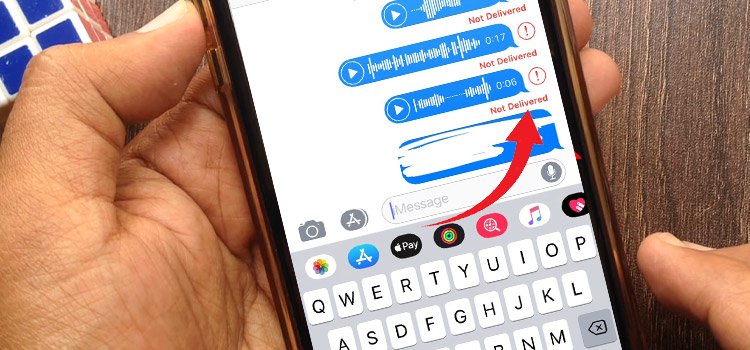Can AI Kill The Recruiting Industry?
With the development of neural networks at labs at Stanford, MIT and the like, many scientists are predicting the next century will witness the rise of automated intelligence. This has a number of industries fearing the potential repercussions for workers across the globe. Will automated intelligence take our jobs?
From Presidential candidates like Andrew Yang, to noted scientists like Stephen Hawking, there certainly has been a lot of Paul Revere-Esque warnings about AI over the past few years. Still, the reality is we are decades if not centuries away from a capable general automated intelligence taking jobs from humans.

What is AI?
Simply put, Automated Intelligence, or AI, is intelligence demonstrated by machines. The term was originally coined in 1955 by the American computer scientist John McCarthy. Since then, researchers have devised two distinct kinds of automated intelligence, general AI and narrow AI. As of 2020, mankind has only developed narrow AI, although there are a number of companies working on the ‘holy grail’ of general AI.

In 1960 English Mathematician Alan Turing’s article, Computing Machinery and Intelligence established the now-infamous Turing test for general AI. If you’ve seen Hollywood movies like Ex Machina you may have heard of this test before.
The Turing test is relatively simple. It involves a human judge interacting with multiple test subjects over a computer. Most of these subjects will be human, one will be a machine. If the human judge can’t figure out who the machine is, then the computer passes the test, and artificial intelligence is born. Turing thought this might happen some 50 years from when he came up with the idea in 1960.
In 2014, a Russian bot nicknamed Eugene was able to fool 33% of human testers into thinking it was human. That’s not quite enough to be classified as true general AI, but it’s certainly getting close.
AI in the Recruiting Industry Today
These days although there is said to be AI technology in use, what’s really being used is what’s called Narrow AI. Narrow AI is a form of weaker intelligence that only performs one or a couple ‘intelligent’ tasks. Narrow AI is now a part of everyday life for millions of people around the world. Every time you talk to Amazon’s Alexa or Apple’s Siri, you’re talking to a form of narrow AI.
In the recruiting industry, forms of narrow AI are being used to do everything from facial expression analysis to automated candidate sourcing. Although these modern narrow AI tools have no chance of replacing recruiters, because they simply lack the necessary intelligence to do anything other than their limited programming allows, studies like this one from the Mckinsey Global Institute that predict some 30% of all workers may lose their jobs to AI have some recruiters worried about their future prospects.
AI and the Future of the Recruiting Industry
The reality is AI won’t be taking your job anytime soon. The current forms of AI scientists have developed are only applicable as tools for human controllers. We are still decades if not centuries away from general AI that can truly replace recruiters entirely.
In fact, a recent survey of AI specialists from around the world revealed experts believe, on average, the emergence of general AI won’t happen until the year 2060. Even better news for recruiters comes from a 2018 data analysis by Zip Recruiter. Zip Recruiter’s data scientists found that narrow AI actually created about three times as many jobs as it took away in 2018. On top of that, 81% of employers who currently use AI tools said they preferred to hire a human whenever possible.
So if you work at a local recruiting firm or even a national executive staffing agency, have no fear, AI is not here to take your job—yet.
Subscribe to our newsletter
& plug into
the world of technology





